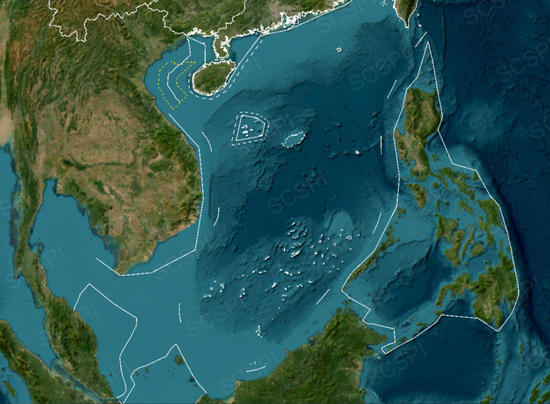U.S. Freedom of Navigation overrides international law, a blatant hegemony act: think tank report
(ECNS) -- The U.S. Freedom of Navigation (FON) is the country’s attempt to override international law with its own domestic laws and practices outside the mechanism of the United Nations Convention on the Law of the Sea, and a blatant act of hegemony with nothing to do with freedom of navigation, said a report released Friday.
The report was released by China-based think tank, South China Sea Strategic Situation Probing Initiative (SCSPI), in Beijing.
The U.S. FON, initiated in 1979 by the Jimmy Carter Administration, aims to challenge the so-called "excessive maritime claims” of other countries with practical actions. It mainly consists of three parts: military operations, diplomatic protests and foreign consultations. Freedom of Navigation Operations (FONOPs), a manifestation of FON military operations, allow “operational challenges against excessive maritime claims” conducted by the U.S. Navy and Air Forces.
The U.S. FON is not based on international law, but on whether the claims of other countries affect its own freedom of navigation, said the report. U.S. allies such as the United Kingdom, Australia and Canada have no such concept or practices, even though most countries in the world support freedom of navigation, it noted. Such an initiative means that other countries will be asked to compromise and make concessions when their navigation rights conflict with those of the U.S., the report said.
Data showed that in 39 U.S. FONOPs around the South China Sea launched from 2015 to 2022, at least 22 are relevant to the country’s policy trends around China and this part of the ocean, mainly involving the construction of the Nansha Islands, the South China Sea arbitration case, and consultations on the Code of Conduct (COC) in the South China Sea. The report believed that the U.S. army operations have nothing to do with its claims of maintaining freedom of navigation and regional stability, but are rather tools serving its gunboat policy and political means to put pressure on China.
Hu Bo, SCSPI director, said both China and other countries support navigation freedom, but U.S. FONOPs override international law and strictly speaking, they are unlawful.
USS Ronald Reagan’s operations in South China Sea made freedom of navigation political, which is unlawful, said Mark Hoskin, member of the London Court of International Arbitration, during an interview with China News Network.

